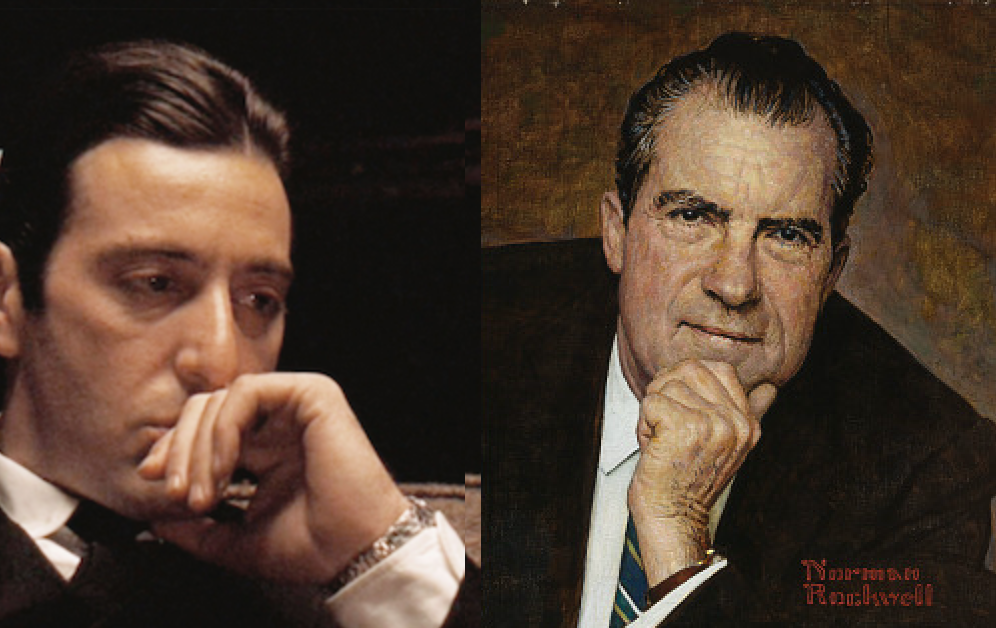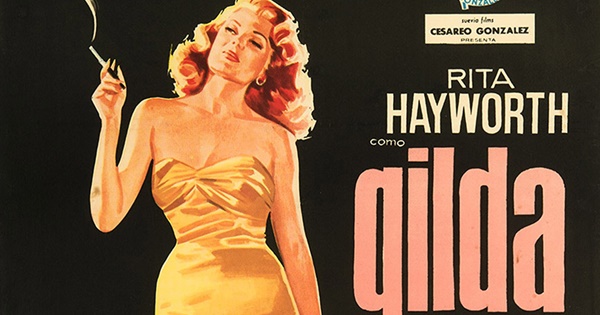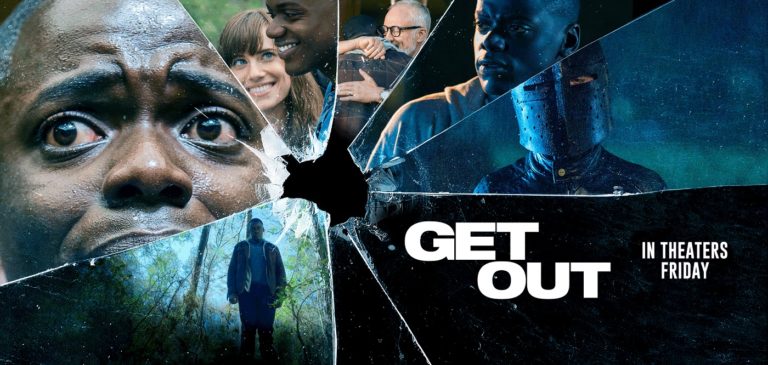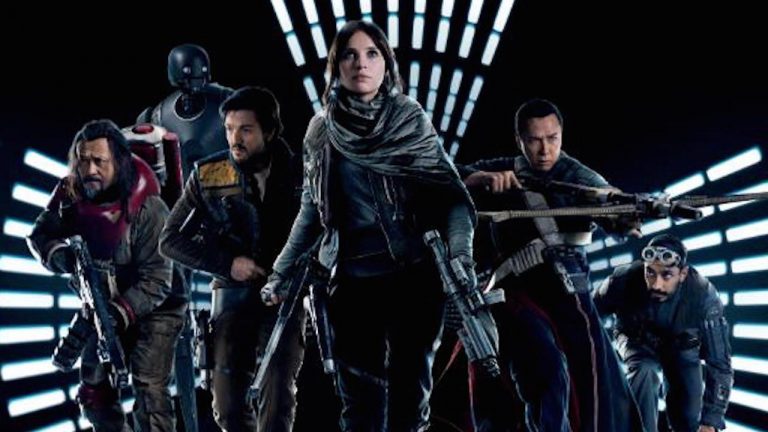We saw Paul the other night. Buddy comedy: two best friends from England (Simon Pegg and Nick Frost, of Shaun of the Dead fame) visit the U.S. for ComicCon, go on a road trip, and meet a chill, foul-mouthed space alien. Pretty good movie. Cute, funny, crass in a mostly good way, predictable in some places but very original in others. Lots of creative swearing. A good time.
Except for the “no homo” bullshit — the running jokes about how everyone thinks the main characters are gay and it freaks them the fuck out. The movie even used the F-word, more than once: no, not that F-word, the other one, the anti-gay slur. It was jarring, it was exhausting, it was totally unnecessary. So much of the movie was bro-y in a good-natured way, even loving and sweet, and it bugged me that their “nerd-bros don’t have to be reactive shitheads” message didn’t extend to queerness. It almost felt like they had to be heavy-handed with the “no homo” stuff to feel comfortable with the bro-y affection. (The thing came out in 2011, so there’s no excuse.)
And I started thinking: How could they have written this differently?
What if there was a running joke where everyone thinks the main characters are gay — and instead of freaking out, they’re totally used to it by now, and don’t care?
Continue reading “Rewriting Paul Without the “No Homo” Jokes”











